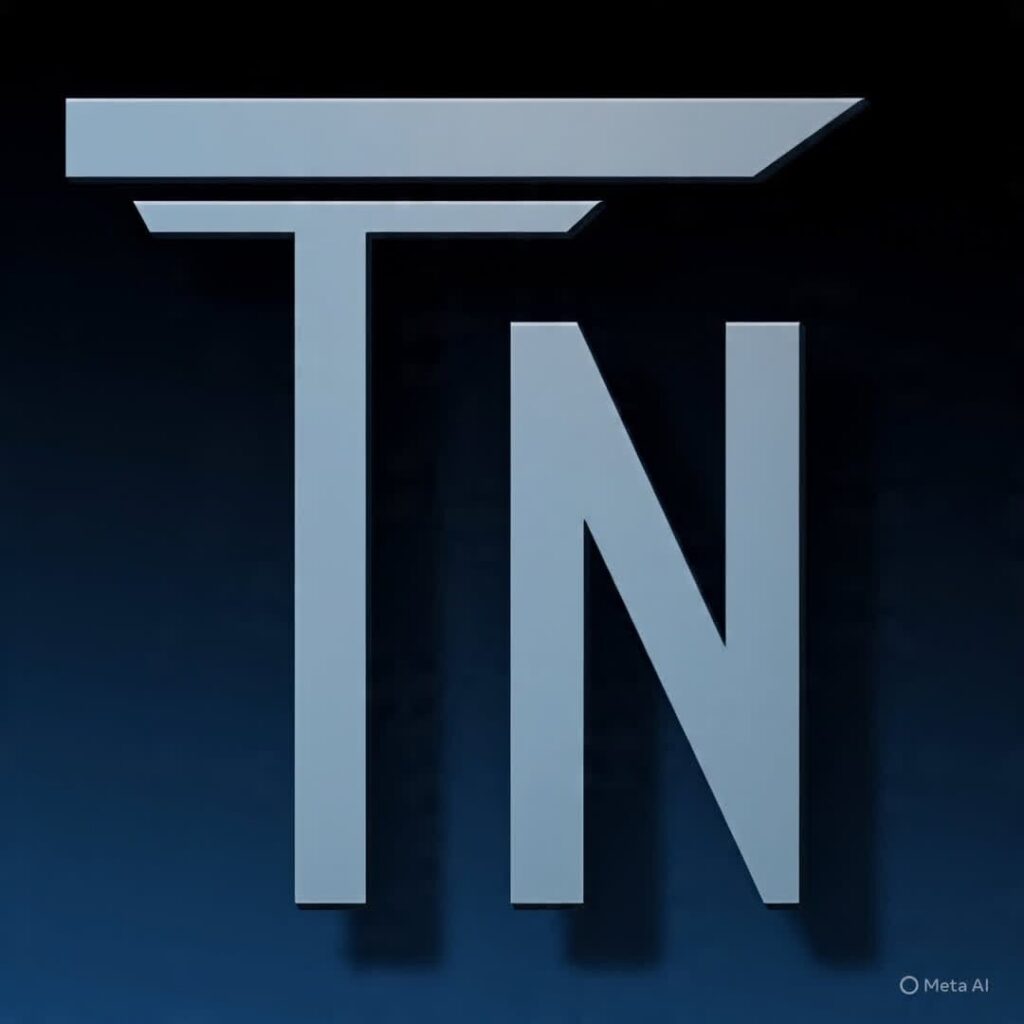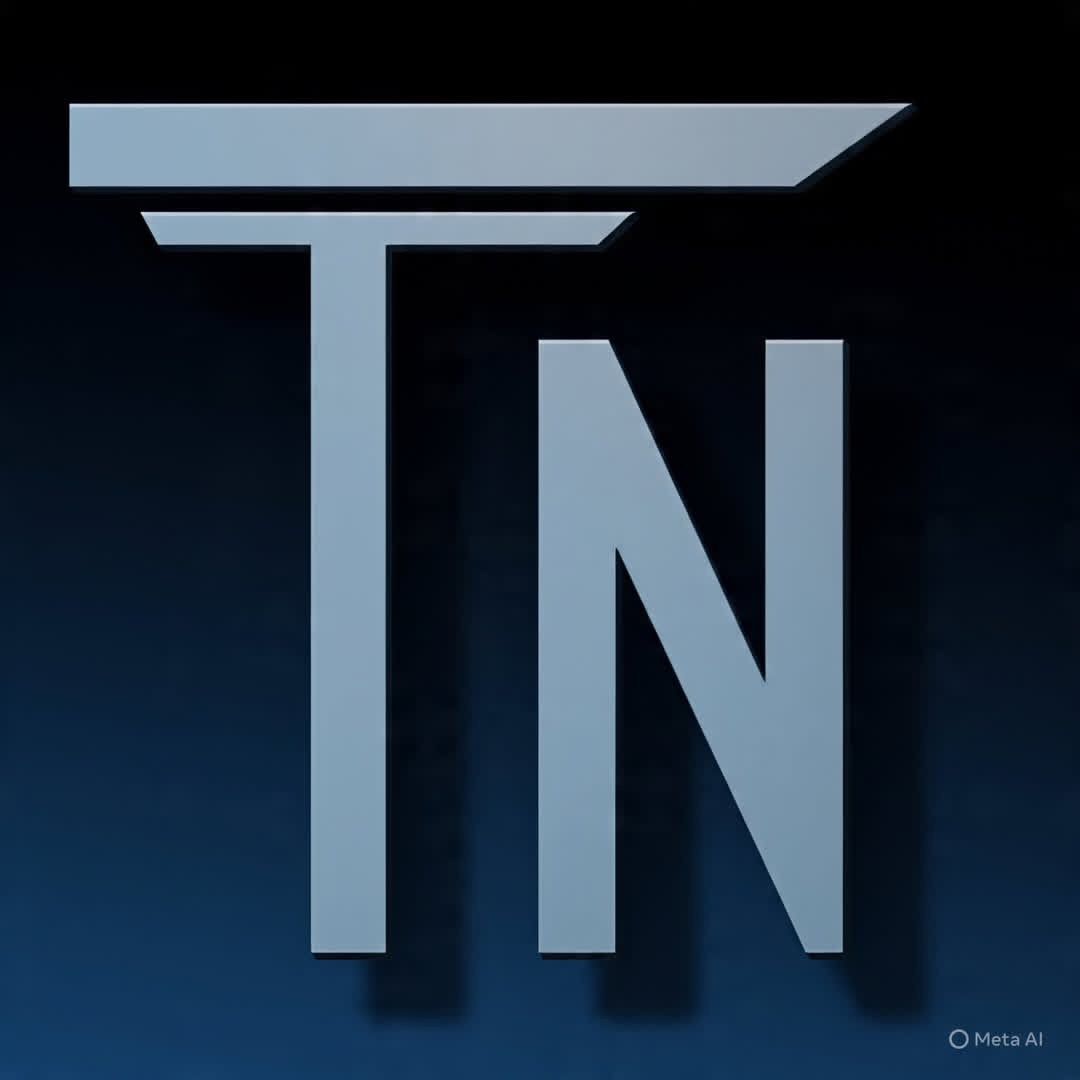Computer Engineering Course (Grades 9–12) – Nepal
1. Overview
The Computer Engineering course in Nepal is designed for students from Grade 9 to Grade 12, providing a structured foundation in computing, IT, and electronics. It prepares students for higher studies in computer science, IT, and engineering fields and equips them with modern IT skills.
The curriculum is divided into secondary level (Grades 9–10) and higher secondary level (Grades 11–12).
2. Grade 9–10 (Secondary Level)
Focus is on introducing fundamental computing concepts, digital literacy, and problem-solving skills.
Key Subjects:
-
Computer Fundamentals
- History and evolution of computers
- Types of computers (analog, digital, hybrid)
- Basic hardware and software components
-
Introduction to Programming
- Algorithm and flowchart basics
- Simple programming languages ( C,C++)
- Writing, compiling, and running basic programs
-
Operating Systems & Applications
- Functions of an operating system
- Common applications (word processors, spreadsheets, presentation tools)
-
Networking Basics
- Introduction to computer networks
- Types of networks (LAN, WAN)
- Basic internet and email usage
-
Database Fundamentals
- Concept of data and databases
- Simple database operations (insert, update, delete, query)
- Introduction to Microsoft Access or similar tools
-
Digital Electronics (Optional)
- Number systems: binary, octal, decimal, hexadecimal
- Logic gates and circuits
- Basic electronic components
3. Grade 11–12 (Higher Secondary Level)
Students deepen their knowledge in computer engineering for tertiary education or professional careers.
Key Subjects:
-
Advanced Programming
- Programming languages: Java,C#
- Data structures and algorithms
-
Computer Architecture
- CPU, memory, and storage systems
- Instruction sets and processing
- Input/output devices
-
Networking and Communication
- Network models (OSI & TCP/IP)
- Network devices and protocols
- Internet services, security, and basics of wireless networks
-
Database Management Systems (DBMS)
- Relational database concepts
- SQL queries
- Data integrity, normalization, and security
4. Learning Outcomes
- Understand core computing concepts and hardware/software fundamentals.
- Develop basic and intermediate programs and solve computational problems.
- Apply networking and database knowledge in practical scenarios.
- Build basic web applications and understand IT infrastructure.
- Prepare for higher studies in computer engineering, software engineering, IT, or electronics.
5. Career Pathways
- Higher education: Bachelor’s in Computer Engineering, Information Technology, Software Engineering.
- Professional roles: Junior programmer, network technician, IT support, web developer, database administrator.
- Technical certifications: CCNA, Microsoft, or Linux certifications to enhance employability.

